
Fortune News | Apr 15,2023
The federal government's bid to import desperately needed consumer goods seems to be going from bad to worse as procument processes to buy wheat, sugar, and rice faltered last week.
Only one supplier, Promising International, showed up during the bid opening last week for procurement tenders floated in March this year by the Ministry of Trade & Industry.
With the rising cost of living, driven largely by upward prices for food items, authorities at the federal government are under pressure to stablise the market. Over the past three years alone, Ethiopia has imported an average 1.2 million metric tons of wheat a year, excluding food aid, which accounted for about 30pc of the domestic consumption. Last year, the federal government imported 1.7 million tonnes of wheat.
A procurement process, which would ordinarily have been carried out by the Federal Public Procurement & Property Disposal Service (PPPDS), was instead made to be floated by the Ministry to speed up the procurements on behalf of the Ethiopian Trading Business Corporation (ETBC) and the Ethiopian Sugar Corporation (ESC).
The Office of the Prime Minister made the decision.
Officials at the ministries of Trade & Industry and Finance were not available to comment on the rationale behind the structuring of the tenders.
Partitioned in three lots - 400,000tn for wheat grain, 170,000tn for parboiled rice, and 320,000tn for sugar - the committee in charge of the procurement process for wheat saw an offer only from the Dubai-based company when the bid was opened on April 20, 2021. Promising International was one of the 50 prospective suppliers that have bought the bid documents.
Promising, a frequent wheat supplier to Ethiopia, was blacklisted due to a dispute with PPPDS for failing to deliver on a bid for 200,000tn of wheat awarded in 2018. A recent favorable court ruling, however, has allowed Promising to get back into procurement activities.
Usually, when bids are announced for wheat procurement, many suppliers place their respective bids, despite dozens buying the documents. None of the suppliers in the three lots have provided bid bonds, along with other technical documents, according to Tsewaye Muluneh, director-general of PPPDS and a member of the technical committee, comprising members from the Ministry, PPPDS, and ETBC.
"It's a basic and primary requirement for bidders," said Tsewaye.
The technical committee has done its analysis and reported to the approval committee, according to her.
There was a mishap during the submission of the documents where a bid bond worth 500,000 Br was placed in the financial document rather than separately, according to representatives of Promising International.
"These things happen," said Habtamu Million, a local representative of Promising International.
The reluctance by the suppliers to provide bid bonds shows that there is fear of failure to deliver the goods if they are awarded the contract, says Sintayehu Demissie, lecturer at Addis Abeba University School of Business & Economics.
"The requirements must not have been attractive to the bidders," he said.
The financial requirements laid out this time around were markedly different from the ordinary requirements set by PPPDS. It demands suppliers to use their own foreign currency and repatriate the respective amount at least two years following the delivery. With options as long as 10 years, a longer repatriation period is given higher value during the bid evaluation process. The suppliers are also required to invest no less than half of the proceeds from the supplies in Ethiopia.
"The requirements are indeed difficult to attain," Habtamu conceded.
The cost of the procurement of wheat is expected to rise to 140 million dollars, including transportation. The trend will not be different for the other consumer items. According to the Food and Agriculture Organisation and the International Sugar Organisation, the global price of rice in March 2021 ranged from 378 dollars to 558 dollars for a tonne; and, the price of sugar stands at 460 dollars a tonne in April 2021.
Over the past three years, the country imported close to 330,000tn of sugar annually and 300,000tns of rice, costing it close to 200 million dollars in 2018.
Since last year, the federal government has been struggling to procure wheat from international suppliers through competitive bidding. Two contracts for wheat procurement from international grain suppliers were canceled due to defaults or contractual non-performances. The latest attempt in failure was for 600,000tn of wheat after two suppliers were contracted for 117 million dollars. In November last year, Rosentreter Global Food Trading and Martina Mertens were awarded contracts to supply 400,000tn and 200,000tn of wheat, respectively. Both companies failed to show up.
The case is under litigation before the courts, according to Tseway.
The mishaps frequently occurring in wheat procurement have led officials at the PPPDS to begin drafting directives to establish a stringent and speedy procurement process.
The recurrent debacle of procurement, especially of wheat, shows that there is something that is not working, according to Sintayehu.
"The procurement of wheat need not follow certain procedures all the time," he said.
He urges that it can be procured through bilateral agreements with foreign governments; it could be procured by awarding a certain trustworthy company to supply wheat for a long period of time; and even outsourcing the procurement process could be worth a try.
PPPDS opened another bid last week for the procurement of 30,000tn of wheat to be used for the Ministry of Agriculture's safety net programme financed by the World Bank. Two bidders, Promising International and Falcon Bridge Resources, both Dubai-based companies, have placed their respective offers. Promising International offered 11.62 million dollars for 30,000tn and Falcon, 10.7 million dollars for the same amount.
PUBLISHED ON
Apr 24,2021 [ VOL
22 , NO
1095]

Fortune News | Apr 15,2023

Fortune News | Sep 03,2022
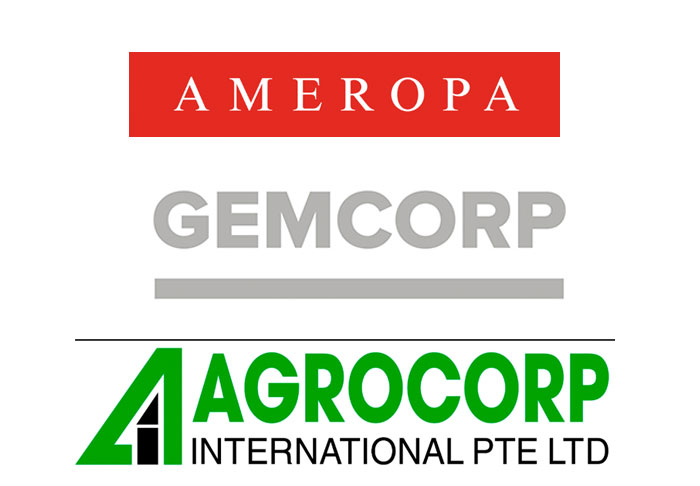
Fortune News | May 04,2019
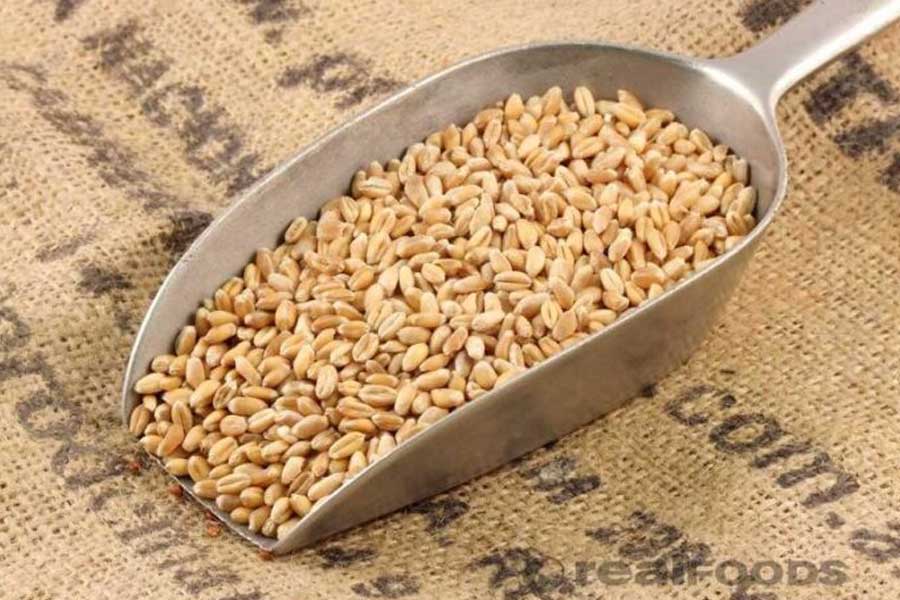

Radar | Oct 02,2021
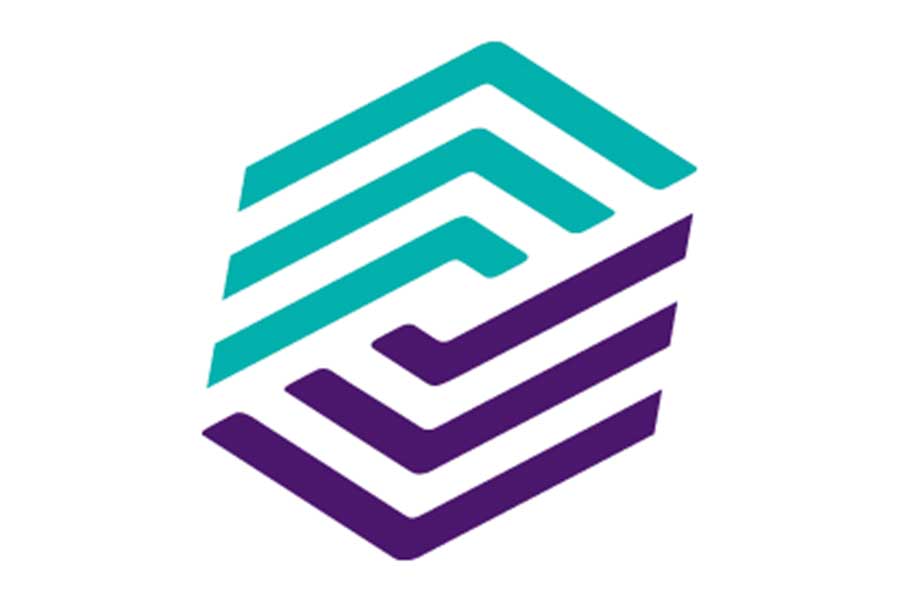
Radar | Nov 12,2022

Radar | Aug 01,2020
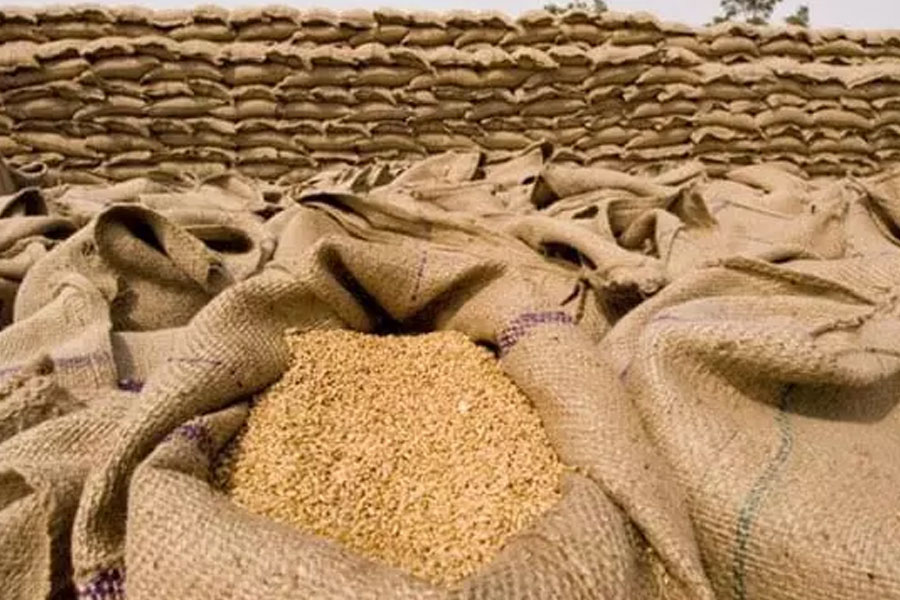
Fortune News | May 15,2021
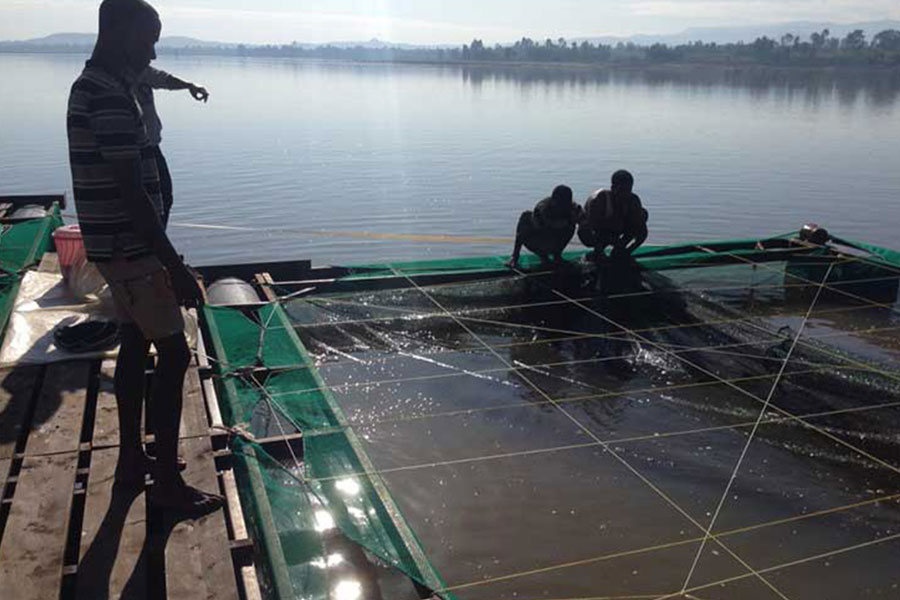
Fortune News | May 07,2022

Fortune News | Jan 18,2020

Feb 24 , 2024 . By MUNIR SHEMSU
Abel Yeshitila, a real estate developer with a 12-year track record, finds himself unable to sell homes in his latest venture. Despite slash...

Feb 10 , 2024 . By MUNIR SHEMSU
In his last week's address to Parliament, Prime Minister Abiy Ahmed (PhD) painted a picture of an economy...

Jan 7 , 2024
In the realm of international finance and diplomacy, few cities hold the distinction that Addis Abeba doe...

Sep 30 , 2023 . By AKSAH ITALO
On a chilly morning outside Ke'Geberew Market, Yeshi Chane, a 35-year-old mother cradling her seven-month-old baby, stands amidst the throng...

May 2 , 2024
For successive generations of Ethiopia's tax authorities, the chore of tax collection...

Apr 27 , 2024
The Prosperity Party (PP) - Prosperitians - is charting a course through treacherous...

Apr 20 , 2024
In a departure from its traditionally opaque practices, the National Bank of Ethiopia...

Apr 13 , 2024
In the hushed corridors of the legislative house on Lorenzo Te'azaz Road (Arat Kilo)...